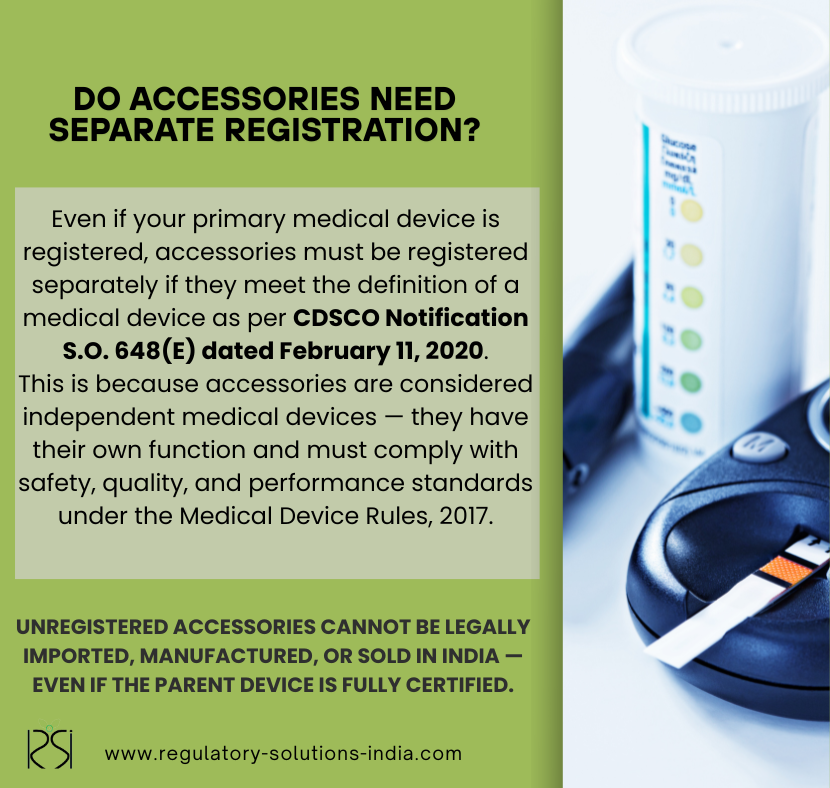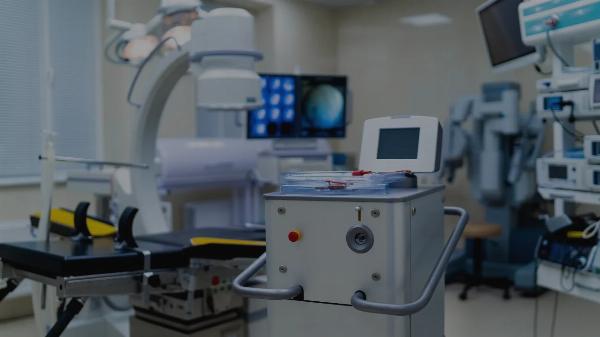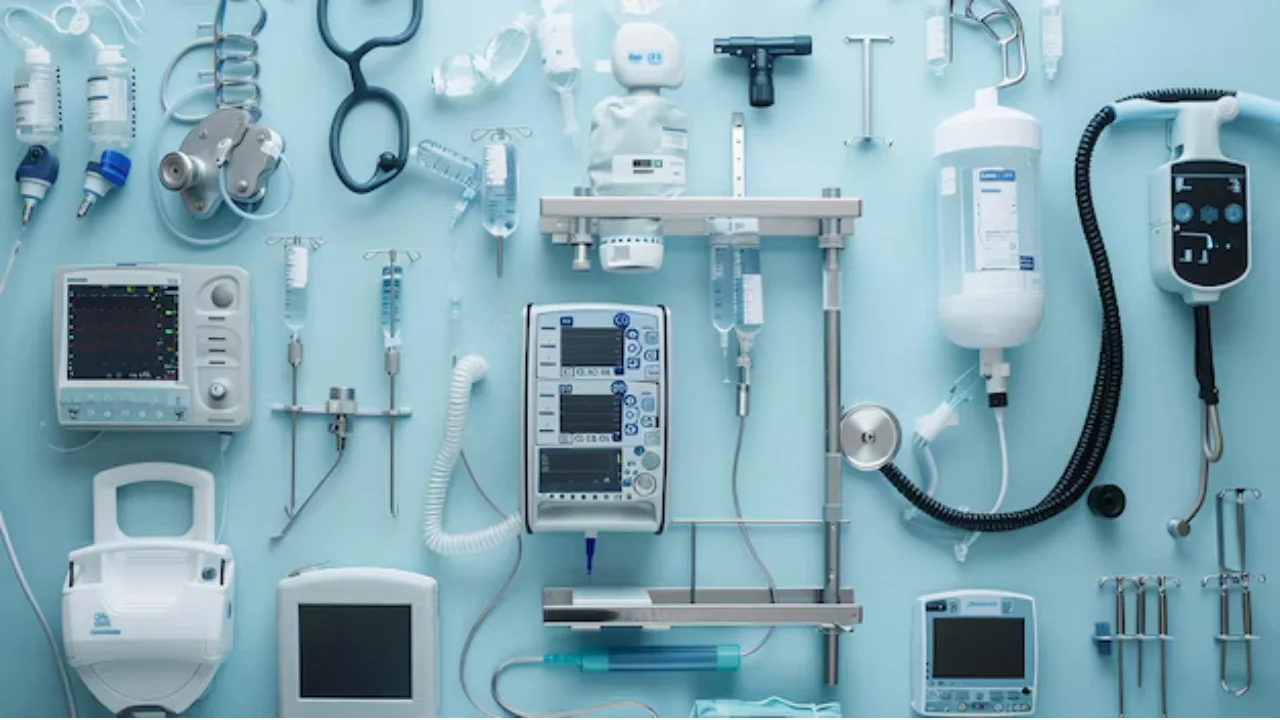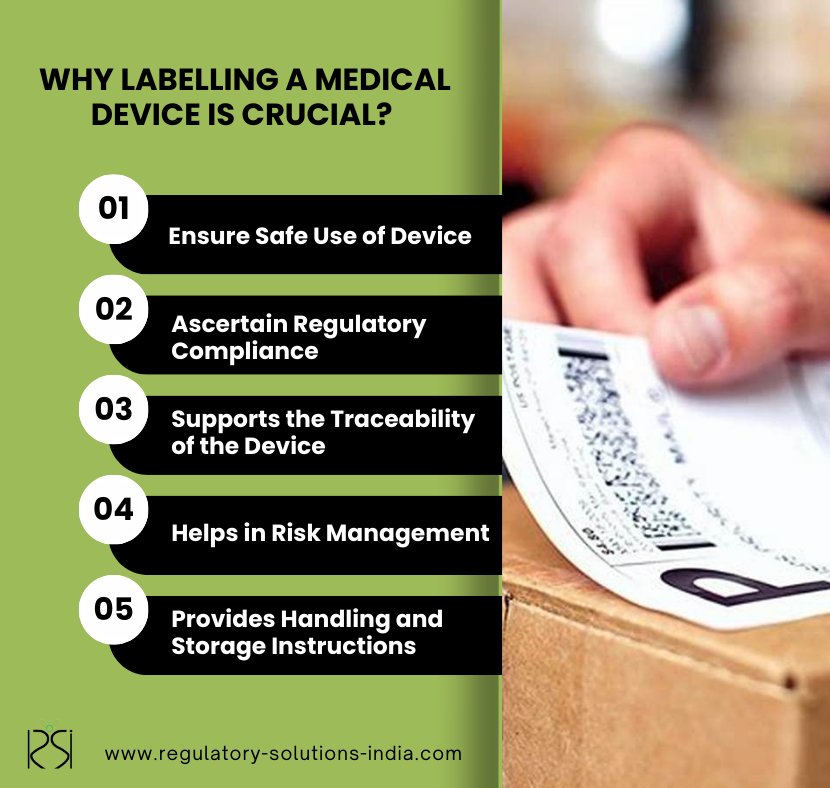 High-Converting Funnels – From Ad Click to Final Sale!
High-Converting Funnels – From Ad Click to Final Sale!
Registration of Cosmetics in India
Written by Regulatory Solutions India » Updated on: June 17th, 2025

Cosmetics are utilized to improve a person’s appearance. These are used for various beauty treatments such as skin tightening, hair removal, spot reduction, achieving radiant skin, and many more. They play a critical role in boosting an individual’s self-confidence and positive outlook. Consequently, there has been a significant increase in demand for cosmetics in the Indian market, resulting in substantial growth in the cosmetic industry in recent years. However, ensuring the highest quality and safety of cosmetics remains a major concern for the industry.
For this reason, it is mandatory to register every cosmetic in India. The registration process must be compliant with the Drugs and Cosmetics Act of 1940 and the Cosmetic Rules of 2020. The Central Drug Standard Control Organisation (CDSCO), under the Ministry of Health and Family Welfare, is the regulatory authority responsible for overseeing these regulations. All cosmetics manufactured in or imported into India must be registered with the CDSCO.
Definition of Cosmetics as per the Drugs and Cosmetics Act, 1940
Under section 3(aaa) of the Drugs and Cosmetics Act, 1940, cosmetics is defined as, “any article intended to be rubbed, poured, sprinkled or sprayed on, or introduced into, or otherwise applied to, the human body or any part thereof for cleansing, beautifying, promoting attractiveness or altering the appearance, and includes any article intended for use as a component of cosmetic”.
Under the provisions of the aforesaid Act, the manufacture of cosmetics is regulated by the State Licensing Authorities appointed by the respective State Governments, while the import of cosmetics is regulated by the Central Licensing Authority appointed by the Central Government. The Drugs Controller General (India) is the Central Licensing Authority who grants registration certificate for import.
Key Requirements for Cosmetics in India
To ensure the safety, quality, and efficacy of cosmetics in India, key requirements under the Cosmetic Rules, 2020 are as follows:
- All cosmetics manufactured in or imported to India must comply with the Cosmetic Rules, 2020.
- All manufacturers must obtain a license or loan license from the State Licensing Authority to manufacture cosmetics for sale and distribution in India.
- All importers must obtain an import registration certificate from the Central Licensing Authority to import cosmetics to India.
- All the manufacturers of cosmetics in India must label and pack the cosmetics in accordance with the Cosmetic Rules, 2020 and Legal Metrology (Packaged Commodities) Rules, 2011, before selling or distributing the product.
Additional Regulatory Requirements for Cosmetics in India
- Cosmetics should not contain any of the raw materials listed in Indian Standard IS: 4707.
- Cosmetic products should not contain dyes, colours, or pigments other than those specified by the Bureau of Indian Standards (IS: 4707).
- Cosmetic products that contain permitted synthetic organic and natural organic colours should not contain arsenic trioxide, lead, mercury, or heavy metals in excess of the quantities specified in the Cosmetic Rules, 2020.
- Hexachlorophene should not be an ingredient in any cosmetic.
- Manufacturers should not use animals for testing cosmetics.
Process to get Import Registration Certificate
Under Sections 12 and 13 of the Cosmetic Rules, 2020, a foreign manufacturer's authorised agent or authorised subsidiary may obtain import registration certification through the following process:
- Apply to register cosmetics intended for import into India through the central government's online portal, Form COS-1.
- The Form COS-1 can be submitted either by the manufacturer himself or his authorized agent or the importer or an Indian subsidiary authorized by the manufacturer.
- If the Central Licensing Authority deems the documents provided with the application satisfactory, it may grant the applicant the Import Registration Certificate. The Central Licensing Authority may also reject an application, documenting its reasons in writing within six months of the application date.
- If the Central Licensing Authority rejects the application, the applicant has forty-five days to appeal to the Central Government. If the government considers it necessary, it can pass orders in relation thereto within a period of ninety days from the date of appeal.
- Before registering the import of a new cosmetic into India, the applicant must obtain prior permission from the Central Licensing Authority in Form COS-3 before registration of the cosmetic.
Process to get Licence or Loan Licence to Manufacture Cosmetics for Sale or Distribution
Under Section 23 of the Cosmetic Rules, 2020, anyone intending to manufacture cosmetics for sales and distribution should obtain a license from the State Licensing Authority through the following process:
- Apply for a license through an identified online portal, (can apply offline if online portal is not operational) in Form COS-5 for a license or in Form COS-6 for a loan license.
- For a new cosmetic, the manufacturer must obtain prior approval in Form COS-3 from the Central Licensing Authority.
- In addition to the required documents, the applicant must also submit a self-declaration in Form COS-7 conforming to Good Manufacturing Practices and additional manufacturing related requirements.
- Upon receipt of the application, within a period of forty-five days, the State Licensing Authority will grant a license or loan license after confirming that all requirements have been met or will inform the applicant if it determines that the applicant has not fulfilled the requirement.
- Within thirty days from the date of grant of the license or loan license, the manufacturing site will be inspected by the subordinate officer delegated by the State Licensing Authority to verify the information given in the self-certificate in Form COS-7.
Requirements for Registration of Cosmetics for Import
Following is the list of main documents/details that need to be submitted at the time of applying for a cosmetic registration for import.
- Authorization from Manufacturer as per First Schedule
- Product details and undertaking as per Second Schedule Part I
- Regulatory Certificates (manufacturing license/Free Sale Certificate)
- Non-Animal Testing Declaration
- Declaration for Heavy Metal and Hexachlorophene content
- Applicable Government Fees to be paid

Conclusion
The regulations for registration and import of cosmetics in India are crucial for ensuring the quality of cosmetics and safeguarding the well-being of the consumers. Therefore, any manufacturer or importer/authorized agent involved in the cosmetics industry must follow these regulations to ensure the quality and safety of all.
At Regulatory Solution India (RSI), we specialize in providing regulatory consulting services for cosmetics. If you need assistance navigating the submission process or ensuring compliance with the latest regulations, Contact us.
Note: IndiBlogHub features both user-submitted and editorial content. We do not verify third-party contributions. Read our Disclaimer and Privacy Policyfor details.
Copyright © 2019-2025 IndiBlogHub.com. All rights reserved. Hosted on DigitalOcean for fast, reliable performance.












